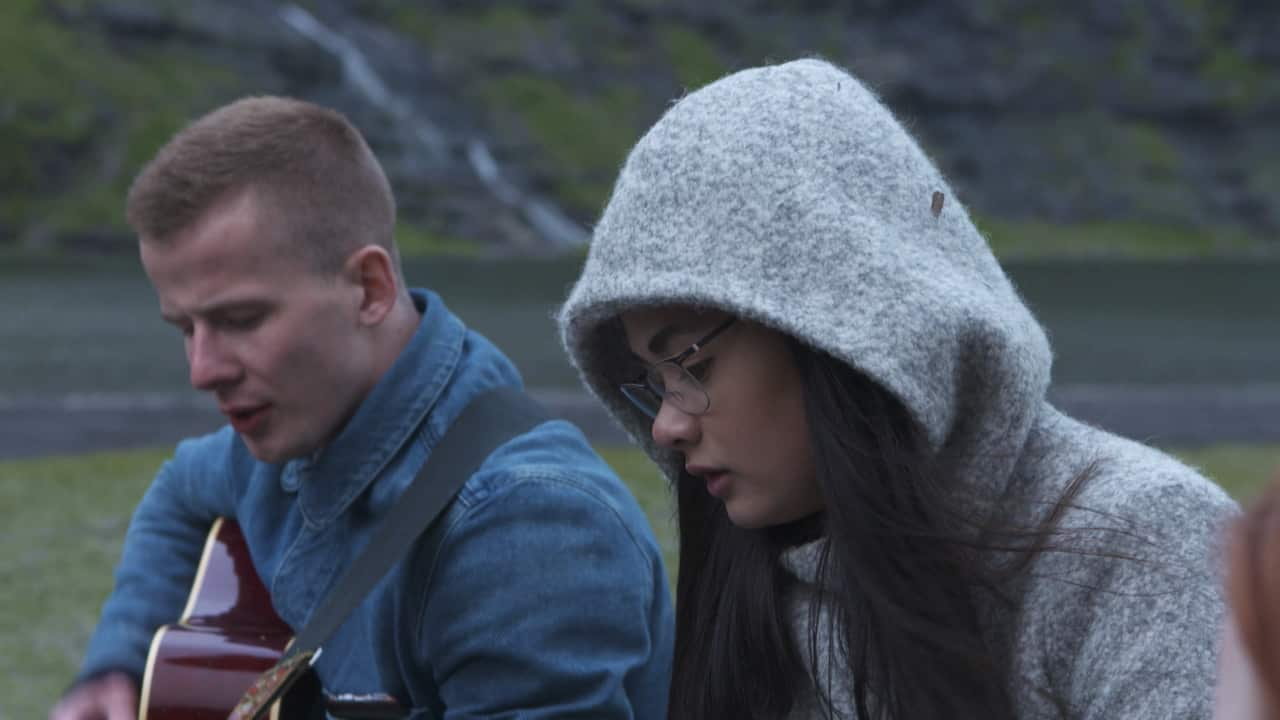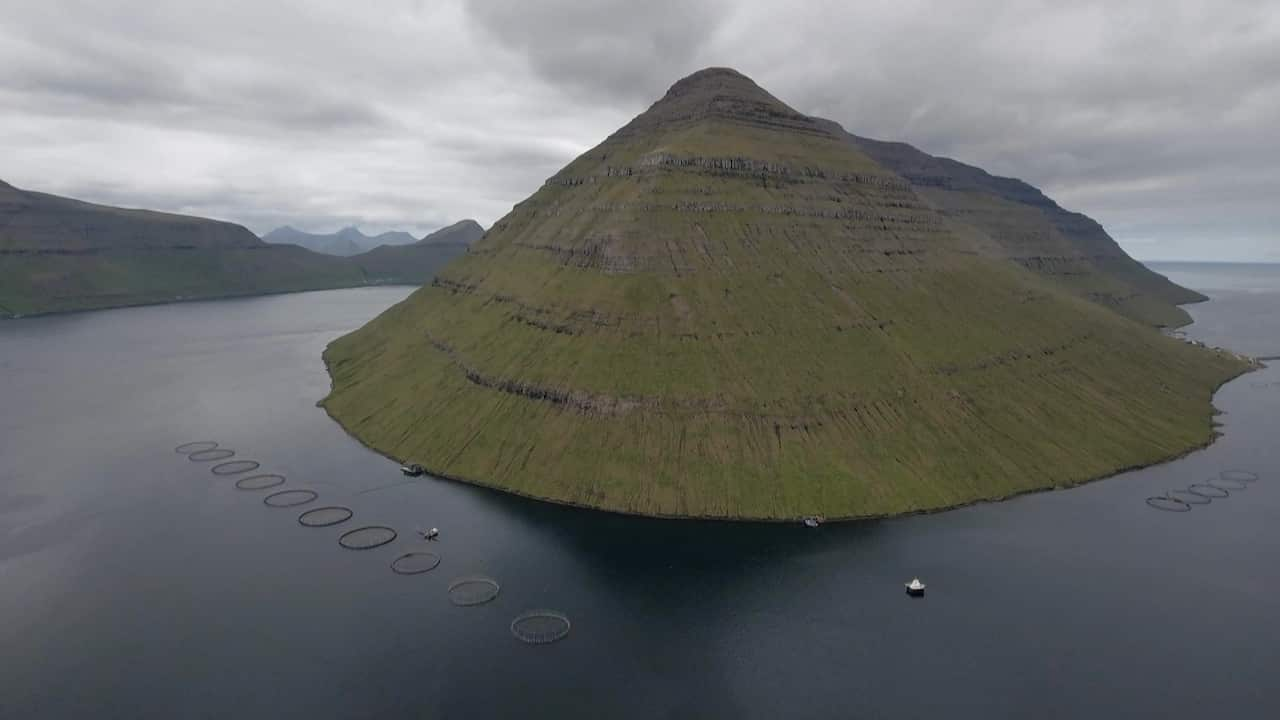Watch 'Internet Love in a Strange Land' on SBS Dateline's YouTube channel here.
A shortage of women has left single men in the remote Faroe Islands looking beyond their borders for love.
Located halfway between Iceland and Norway, the collection of 18 islands is home to 50,000 people and has just five traffic lights. Temperatures drop to minus 10 degrees in winter and never rise above 20 degrees in summer. Ninety per cent of the population work in the fisheries.
Faced with a lack of opportunities at home, Faroese women have been fleeing to mainland Denmark to pursue more diverse careers, with few ever returning.
Many local fisherman, like Bjorn, spend six months of the year out at sea, making it hard to meet someone special. So he believes his future partner will be a foreigner.
“I am pretty sure if I find a wife, it will be somewhere else.”
“Maybe you meet an interesting person on Facebook that would actually be a possibility. You have a lot in common, then maybe you want to meet sometime ... maybe she lives in another country, just meet, say hi, you go travelling to her country and you just find sparks fly. That actually could work.

Moving across the world for love
In Australia, multiculturalism arrived after war - but in the Faroes, it’s here because of internet dating.
In the year 2000 there were just 30 Southeast Asian women in the Faroes, today there are more than 300. The majority are from the Philippines and Thailand, and most moved to the islands after marrying local men who they met online.
Phatchariaya met her husband, Bogi on the internet – and they’ve been married for six years.
She left her job in Bangkok as an assistant manager to be with Bogi.
“At first I had no idea where Faroe was. When my husband told me where he came from Faroe, I thought he was Egyptian.”

After two years of getting to know each other online and a secret one week visit – they decided to marry.
“My parents didn’t want me to marry a foreigner because the culture is so different. At home they’re very strict in their ways, you have to respect the elders, all that.
“But Westerners don’t have this culture, so they were afraid that I would forget about that.”
Women like Phat also face another challenge – stigma. A handful of locals use cruel labels such as “e-bay wives”.
Phat says it wasn’t like that for her, and she married for love.
Before meeting Bogi she says she lacked confidence in herself but he made her feel beautiful inside and out.
“Maybe this man is good for me” she said.
Bogi says he fell for her because they had a lot in common.
“I was just actually on internet, we were talking about sport, football and so I went to meet her, it was just the way we fit together by talking so that's why.”
The changing face of Faroe
With hundreds of women from Southeast Asia married to local men, the face of the traditional Faroe Islands is transforming to become more inclusive and multicultural.
Lena Jacobsen, now 24 was one of the first mixed race children in the region. Her mother migrated to the Islands nearly 27 years ago to marry her Faroese father.
Growing up, she was the only student at school with Asian heritage, and often felt like the ‘odd-one-out.’
“You think you’re just like the other children and then someone comes to you and says 'no you’re different and your mothers not from here’.”
But diversity is starting to flourish in the Faroe Islands and today there are a total of 117 nationalities living here.
Lena says she’s finally starting to feel like she belongs.
“I know people talk about me here in The Faroes, which they wouldn’t do in Copenhagen or London, being more multi-cultural it would probably be ideal to live there.
“The Faroe Islands is my home and I enjoy living here, so I am not going anywhere, I am staying here.”
Dateline is an award-winning Australian, international documentary series airing for over 40 years. Each week Dateline scours the globe to bring you a world of daring stories. Read more about Dateline
Have a story or comment? Contact Us


